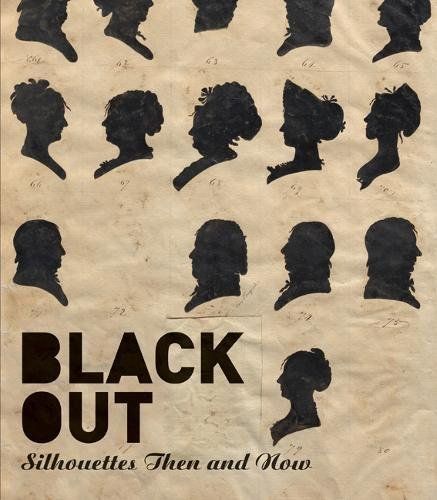
Black Out Silhouettes Then and Now
The first book highlighting the historical roots and contemporary implications of the silhouette as an American art form Before the advent of photography in 1839, Americans were consumed by the fashion for silhouette portraits. Economical in every sense, the small, stark profiles cost far less than oil paintings and could be made in minutes. Black Out, the first major publication to focus on the development of silhouettes, gathers leading experts to shed light on the surprisingly complex historical, political, and social underpinnings of this ostensibly simple art form. In its examination of portraits by acclaimed silhouettists, such as Auguste Edouart and William Bache, this richly illustrated book explores likenesses of everyone from presidents and celebrities to everyday citizens and enslaved people. Ultimately, the book reveals how silhouettes registered the paradoxes of the unstable young nation, roiling with tensions over slavery and political independence. Primarily tracing the rise of the silhouette in the decades leading up to the Civil War, Black Out also considers the ubiquity of the genre today, particularly in contemporary art. Using silhouettes to address such themes as race, identity, and the notion of the digital self, the four featured living artists--Kara Walker, Kristi Malakoff, Kumi Yamashita, and Camille Utterback--all take the silhouette to unique and fascinating new heights. Presenting the distinctly American story behind silhouettes, Black Out vividly delves into the historical roots and contemporary interpretations of this evocative, ever popular form of portraiture. Exhibition Schedule: National Portrait Gallery, Washington, D.C., May 11, 2018 - March 10, 2019